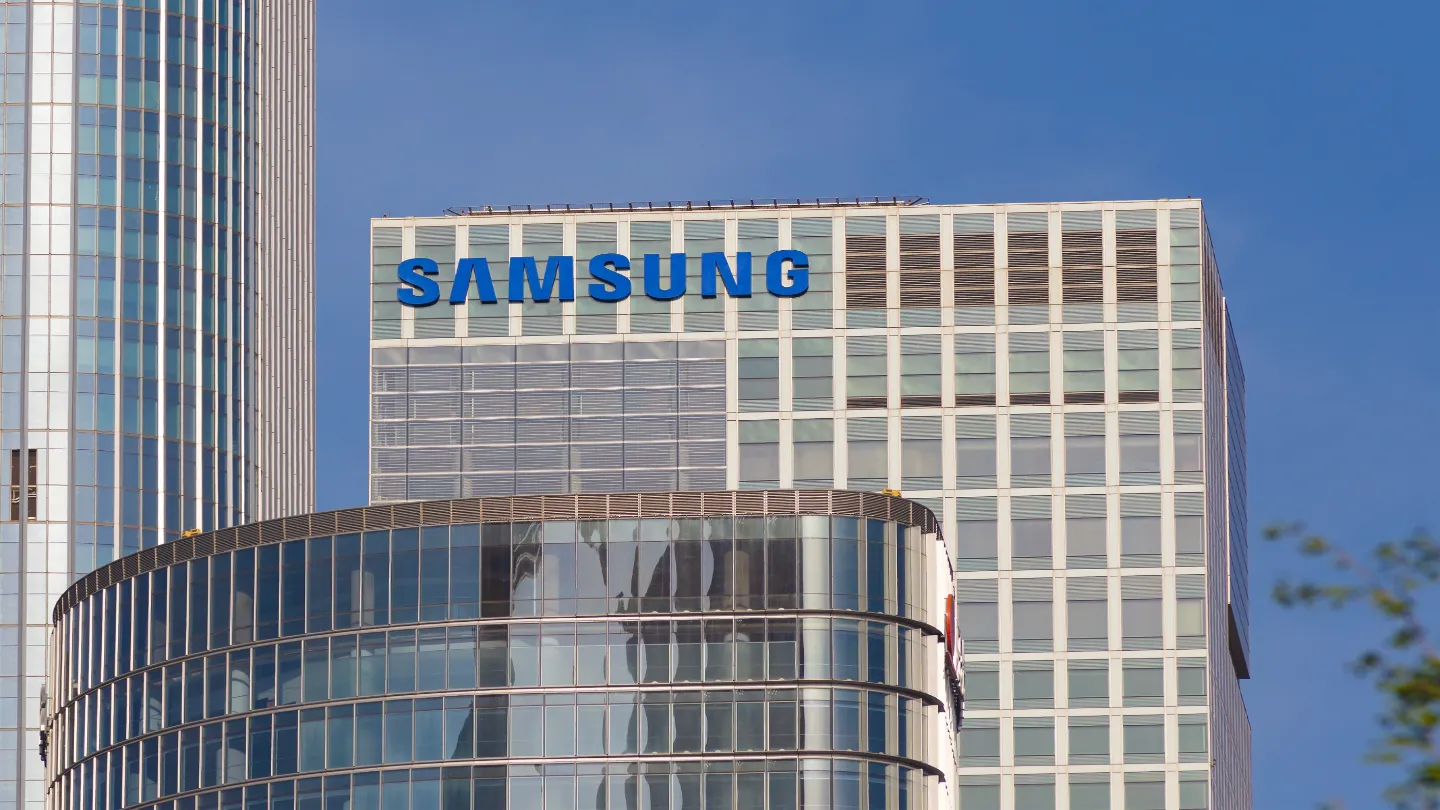Samsung Electronics is expected to report a 39% plunge in second-quarter operating profit, forecasting 6.3 trillion won ($4.62 billion) for April-June — its lowest income in six quarters and marking a fourth consecutive decline, according to LSEG SmartEstimate. The slump is driven by delays in supplying advanced HBM memory chips to Nvidia, the leader in AI processors, deepening investor concerns over Samsung’s ability to compete with rivals SK Hynix and Micron.
While SK Hynix and Micron enjoy booming demand for AI memory, Samsung’s gains are muted as U.S. restrictions limit advanced chip sales to China, its key market. Efforts to certify Samsung’s HBM3E 12-high chips with Nvidia are progressing slowly, with analysts saying shipments to Nvidia are unlikely to be meaningful this year. However, Samsung has begun supplying the chip to AMD.
Smartphone sales may stay resilient, supported by stockpiling ahead of potential U.S. tariffs on imported devices. Yet uncertainties loom over Samsung’s broader business, including chips and appliances, as U.S. trade policies threaten supply chains. The U.S. is also considering revoking authorizations that allow Samsung and others to access U.S. technology in China.
Samsung shares have climbed 19% this year, but still lag the KOSPI’s 27.3% rise, making it the worst-performing major memory chip stock so far in 2025.

